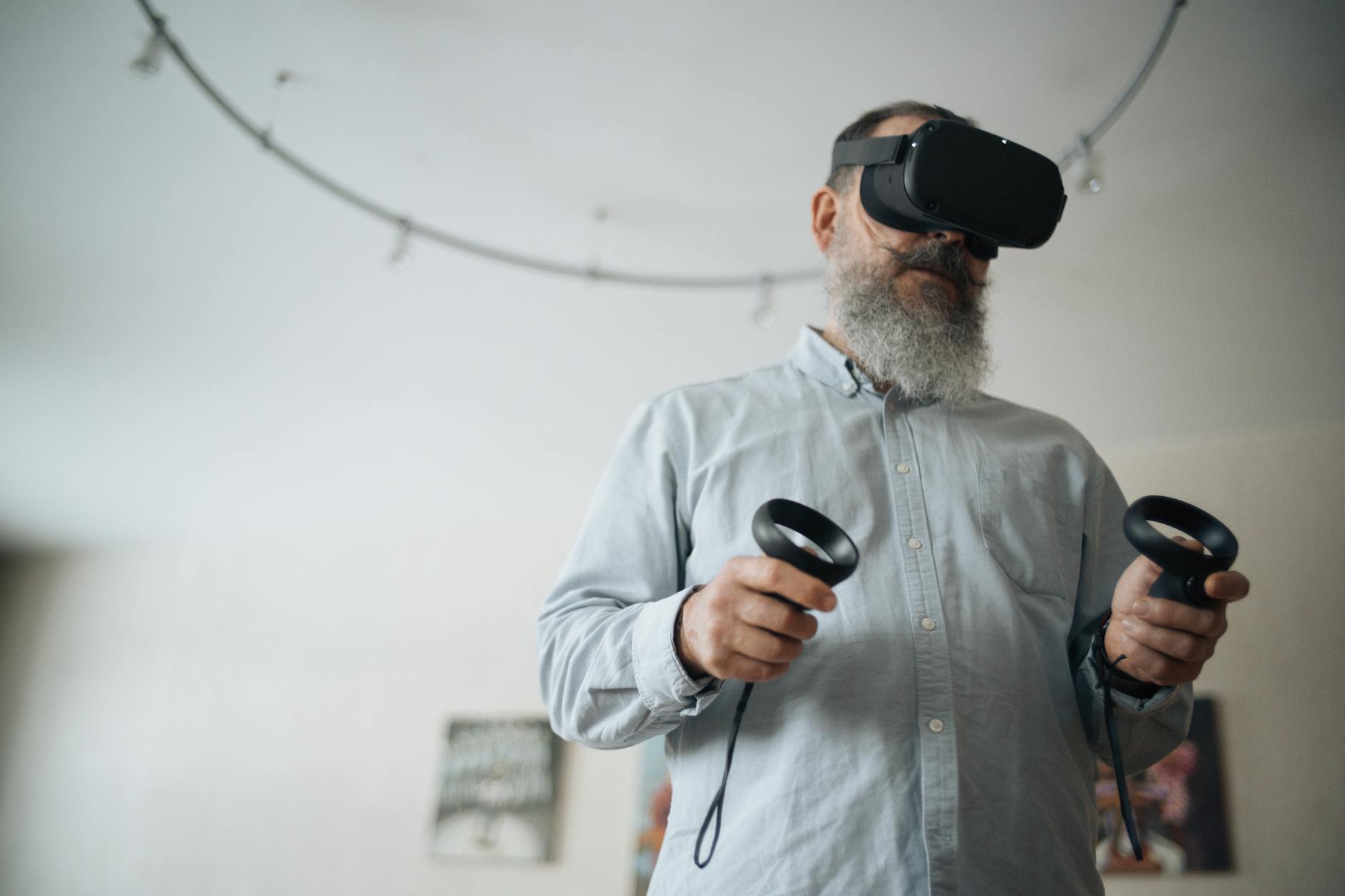Introduction: National Grandparents Day, observed on September 7th, presents an opportunity for NPR to engage with a specific demographic: new grandparents. The organization is seeking firsthand accounts from individuals who have recently entered this familial role to understand the transformations in their lives. This initiative aims to capture the contemporary experience of grandparenthood from the perspective of those newly navigating its responsibilities and joys.
In-Depth Analysis: The core of NPR’s interest lies in understanding how the experience of becoming a grandparent impacts an individual’s life. The request for stories from “new grandparents” suggests a focus on the immediate aftermath of this transition, rather than long-established grandparenting roles. This implies an interest in the initial adjustments, potential shifts in identity, and the evolving dynamics within family relationships. The abstract does not provide specific details on the methodology NPR will employ to collect or analyze these stories, nor does it outline the specific aspects of life change they are most interested in. However, the general nature of the request indicates a broad curiosity about the personal, social, and emotional dimensions of this new phase of life. The source material does not present competing viewpoints or arguments; it is a direct solicitation for personal narratives. Therefore, an analysis of pros and cons of different viewpoints is not applicable. The information is purely descriptive of NPR’s intent.
Pros and Cons: The strength of NPR’s approach lies in its potential to gather authentic, diverse, and personal narratives. By directly soliciting stories from new grandparents, NPR can access a wealth of lived experience that might not be captured through more formal research methods. This can lead to a richer, more nuanced understanding of the modern grandparenting role. The potential downside, inherent in any qualitative data collection, is the subjectivity of the accounts. While valuable, these stories represent individual experiences and may not be generalizable to all new grandparents. Furthermore, without a defined framework for what constitutes a “new” grandparent (e.g., within the first year, first five years), the collected narratives could vary significantly in their focus and relevance to the immediate transition. The source material does not offer any explicit pros or cons of this initiative; this analysis is derived from the nature of the request itself.
Key Takeaways:
- National Grandparents Day is on September 7th.
- NPR is actively seeking stories from individuals who have recently become grandparents.
- The focus is on understanding how life changes for these new grandparents.
- The initiative aims to capture personal experiences and transformations associated with this new familial role.
- The source material is a direct call for submissions, not a report on existing data or research.
- The specific criteria for “new” grandparent are not detailed in the provided abstract.
Call to Action: For individuals who identify as new grandparents and are interested in sharing their experiences, the next step is to engage with NPR’s call for submissions. Understanding the personal impact of grandparenthood can be a valuable contribution to public discourse. Readers who are new grandparents might consider reflecting on the specific ways their lives have changed since becoming a grandparent and how they might articulate these changes. For those interested in the evolving landscape of family relationships and generational dynamics, following NPR’s coverage of this initiative would be a logical next step to learn from the stories shared.
Annotations/Citations: The information regarding National Grandparents Day and NPR’s request for stories from new grandparents is derived from the provided source material, accessible at https://www.npr.org/2025/08/27/g-s1-85689/family-grandparent-relationships-parent.


Leave a Reply